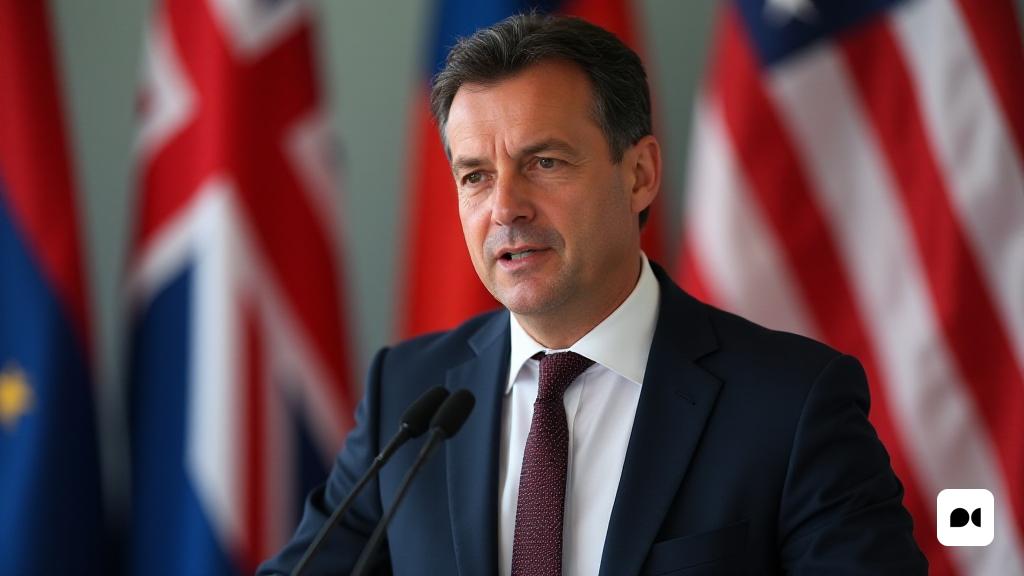A new political paradigm in Europe
The European political scenario is undergoing a radical transformation, with the growth of alternative right parties that challenge the dominance of historians. This trend is not only limited to one or two countries, but also extends throughout the region, with significant consequences for the continent’s political future.
Germany: the duel between tradition and innovation
In Germany, the last polls indicate a draw between the CDU-CSU and the Alternativa for Germany (AFD). This situation reveals a significant change in the electorate, with the AFD emerging as a significant force. The CDU, a pillar of the traditional political system, is in a complicated position, with a social democracy that stays around 15%.
Challenge to the status quo
While the liberals are struggling to stay above 5%, and the greens do only a modest 11%, the German political scene is transformed, with a panorama where the alternative right takes strength.
Netherlands: Freedom Party Dominance
In the Netherlands, the Party of Liberty (PVV) consolidates itself as a government leader, tied with the Socialists in voting intent, both formations about 29%. However, the right -wing coalition, which includes the VVD and Christian parties, controls the parliamentary majority with 76 seats.
THE REGNE UNIT: reform uk in elevations
British politics is experiencing a moment of great turbulence. Reform UK is approaching the absolute majority with 302 seats, while Labor could fall to 150 seats, and traditional conservatives would collapse up to 78. This situation reflects a change in tendency that can redefine the balance of power in the United Kingdom.
Portugal: The birth of new forces
In Portugal, the right coalition surpasses the socialists in the number of seats, with Chega and Liberal Initiative emerging as new voices in the political landscape. This blog is approaching the absolute majority, revealing a change in the preferences of the electorate.
France: the impact of Le Pen
Marine Le Pen’s disqualification has promoted the national regrouping to achieve a historic record of 35% of the vote. Republicans continue to fall, while Emmanuel Macron’s party, Renaissance, collapses to 23%. This panorama shows how the alternative right has gained ground in France.
Nordic: a remarkable contrast
Contrary to the rest of Europe, the Nordic countries do not seem to follow this tendency to the alternative right. Its political stability can be an example to be followed for the rest of the continent, which now watches the growth of parties that challenge the status quo.
Spain: an uncertain future for the PSOE
In Spain, polls indicate that Pedro Sánchez may have difficulty staying in power. The PSOE remains below 30%, while adding and we can fight for their survival. With such a difficult panorama, it seems that traditional coalitions are in danger.
The Community of Madrid as an example
In Madrid, Isabel Díaz Ayuso is outlined as a clear winner, with a support that brings him closer to the absolute majority. The fall of the PSOE in the region, with a projection of just over 30 seats, emphasizes its growing irrelevance in the regional political scene.
Today’s European landscape raises questions about the future of traditional democracies. The increase in the alternative right may forever change the political landscape of the continent, and the consequences of this change will be studied in the coming years.

